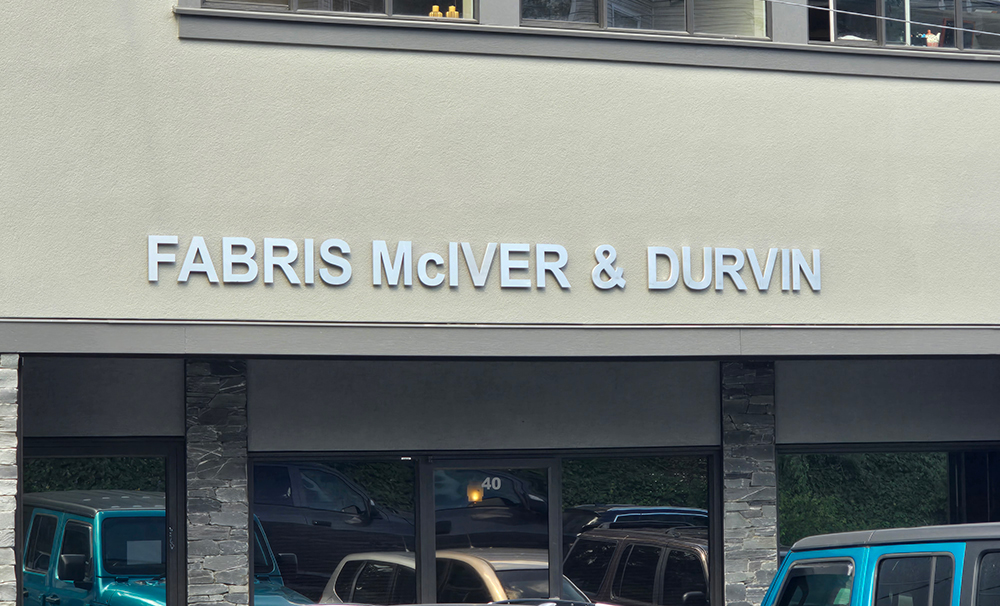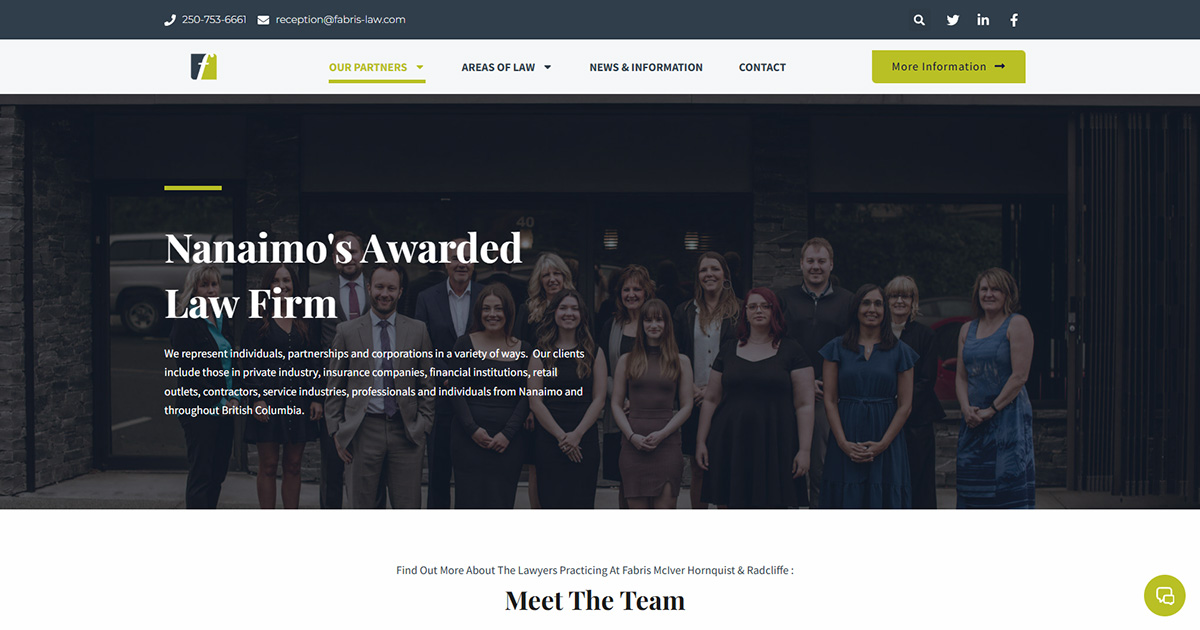
- 250-753-6661
- reception@fabris-law.com
Thinking of buying a new business or selling your existing business? Here are a few points to keep in mind.
If the business is owned by an individual or partnership, you must buy or sell the assets. But if a company owns the assets and carries on the business, the transaction may be structured as either a purchase and sale of the assets or of the shares. How to decide?
A seller generally pays less tax if selling the shares of DDDDelicious Doughnuts Ltd. than if selling the company’s equipment, furniture and inventory. So a lower price may be acceptable in a share purchase compared to an asset purchase.
Also, in a share purchase, the buyer gets the company’s goodwill built up over the course of the business. This is important if you, as the purchaser, are relying on the bakery’s reputation to keep customers munching their daily doughnuts and you rolling in the dough. But if you buy the assets, you don’t get the “DDDDelicious Doughnuts” name unless you specifically purchase it. So, while you may get the same location, ovens and blue wicker chairs, you may not get the same customer loyalty in an asset sale if you cannot buy the name. “Bob’s Bakeshop” may not have the same draw as “DDDDelicious Doughnuts.”
On the other hand, a share sale means acquiring the entire business, so the buyer assumes all its liabilities, including potential ones which may be unknown when making the deal.
Another point: In a share purchase, consents may be needed from many people if the shares are owned by more than one person. This can be a huge hassle if Dave Dutton, his bitter ex-wife, and his former mother-in-law who lives in Texas all own shares in the business. In an asset purchase, you only deal with the company that owns the assets (assuming shareholder authorization).
For these and other reasons, a buyer may prefer to purchase assets, while a seller generally prefers to sell shares.
Contact your lawyer before you make any commitments. The best way for a buyer to approach the purchase may be by a non-binding letter of interest. You can then examine the company’s financial statements and make other investigations to find out the true state of the business before committing yourself.
If you buy, you’ll also want the seller to agree to a non-competition provision. You don’t want Dave, who’s just sold you the business of “DDDDelicious Doughnuts,” opening up “Dave’s Decadent Doughnuts!” right next door and luring away your customers. But any non-competition restriction must be reasonable. For example, it can’t cover too long a period of time or too wide a geographical area.
Finally, if you buy, you’ll want to get as many warranties and representations about the business as you can. Sellers will, of course, want to limit these.
Your lawyer can guide you through the maze of options and help you reach the best possible deal in your particular circumstances.



